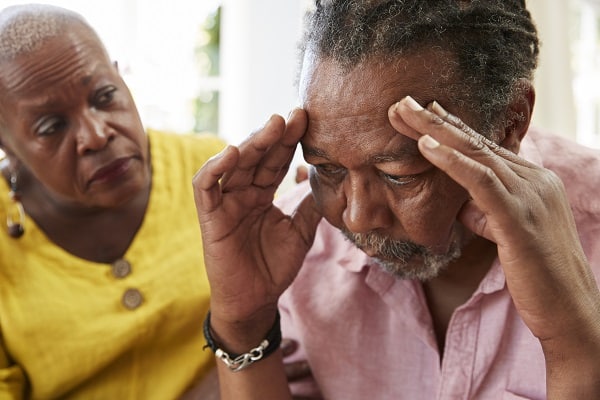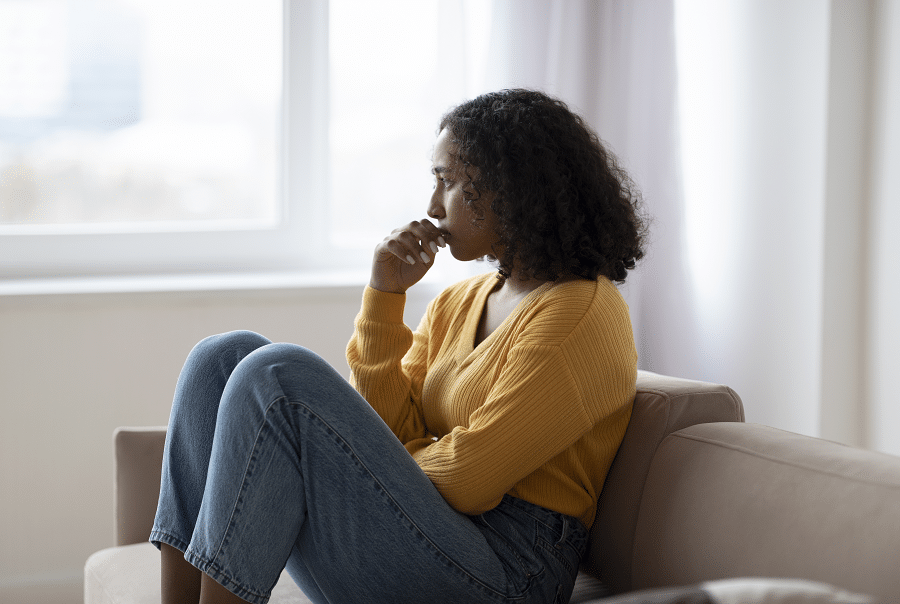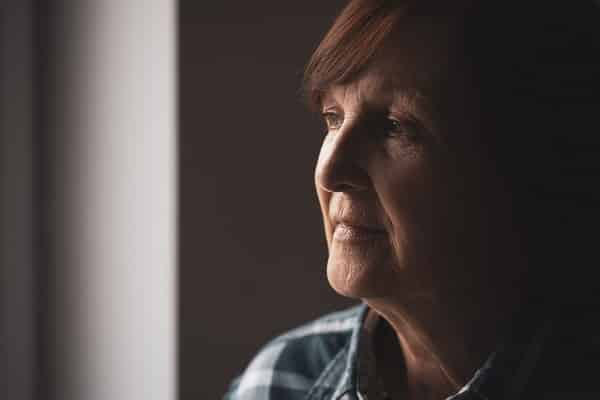Chemotherapy is a cancer treatment that uses drugs to kill cancer cells. It can be given as a pill, injection, or a tube placed into the vein. Chemotherapy is often combined with other treatments, such as radiation therapy and surgery. Unfortunately, chemotherapy kills not only cancer cells but also healthy cells, leading to several side effects. Many of which can be very unpleasant. If you are someone you love is going through chemotherapy, it is important to be aware of the side effects that may occur. This post shows what you want to happen when you get chemotherapy.
Contents
How Chemotherapy Works

Simply put, Chemotherapy works by killing cells that are growing quickly. And since cancer cells grow quickly, they are usually killed by chemotherapy. So not only can this treatment cure cancer, but it can also keep it from spreading and relieve symptoms. The drugs used in chemotherapy are called cytotoxic agents, and they work by damaging the DNA of cancer cells. This prevents the cells from growing and dividing, eventually leading to death.
Furthermore, the chemicals in chemotherapy drugs can also damage healthy cells, which is why side effects are common. The side effects of chemotherapy depend on the type of drug, how much is given, and how it is given. For example, if you receive a high dose of a fast-acting drug, you’re more likely to have severe side effects than a low dose of a slow-acting drug.
What Happens When You Get Chemotherapy
As scary as cancer is, the side effects of chemotherapy can be equally as scary. And although these side effects are often a necessary evil, they can still take a toll on patients mentally and physically. The good news is that many of these side effects are only temporary and will disappear once treatment is over. However, some may last for months or even years after treatment. Here are some of the most common side effects:
Hair Loss

One of the most well-known side effects of chemotherapy is hair loss. While this can be a distressing symptom, it is important to understand how and why it occurs to best manage it. Chemotherapy drugs work by attacking rapidly dividing cells. Hair follicles are among the fastest-growing cells in the body, which is why they are particularly vulnerable to the effects of chemotherapy. As the follicles are damaged, they enter a resting phase and stop producing new hair.
In many cases, the hair will start to fall out within two to three weeks of starting treatment. While this can be a difficult side effect, it is important to remember that it is only temporary. In most cases, the hair will grow back once treatment ends. In the meantime, there are several options for managing hair loss, such as wearing a wig or scarf.
Nausea And Vomiting

As chemotherapy works to attract cancer cells, it is also hurting other parts of your body. This can lead to inflammation and irritation in the digestive tract, which can cause nausea and vomiting. In addition, chemotherapy can cause dehydration, leading to nausea and vomiting. Fortunately, there are many ways to help manage these side effects. Drinking plenty of fluids, eating small meals, and avoiding greasy or spicy foods can all help to ease nausea and vomiting.
Furthermore, there are several medications that can be used to help control these symptoms. If you are experiencing nausea and vomiting due to chemotherapy, talk to your doctor about ways to manage these side effects.
Anemia

Anemia is when the blood has a reduced number of red blood cells or hemoglobin. It can be caused by various factors, including blood loss, bone marrow problems, and certain diseases. Chemotherapy can also cause anemia by damaging the bone marrow and red blood cells. This can lead to fatigue, shortness of breath, and an increased risk of infection. Not only can anemia be a distressing symptom, but it can also make chemotherapy less effective.
If you are experiencing anemia due to chemotherapy, your doctor may recommend treatment with erythropoietin (EPO), a medication that stimulates the production of red blood cells. In addition, you may be advised to eat foods rich in iron, such as leafy green vegetables and lean red meat.
Loss Of Appetite

Loss of appetite is a common side effect of chemotherapy. Losing their appetite can be a real problem for cancer patients undergoing treatment. Not only does it make it difficult to maintain a healthy weight, but it can also lead to fatigue and feelings of weakness. There are several reasons why chemotherapy may cause loss of appetite. First, the treatment can cause nausea and vomiting, making food less appealing. Second, chemotherapy can damage the lining of the digestive tract, making it difficult to absorb nutrients.
Finally, chemotherapy can affect the production of enzymes necessary for proper digestion. As a result, patients may have little interest in food, and their appetite decreases significantly. While there are medications that can help to improve appetite, many patients still struggle with this side effect of chemotherapy.
Mood Changes

One of the most challenging things about cancer is that its treatment can be almost as difficult as the disease itself. Chemotherapy, for example, can cause many side effects, including fatigue, nausea, hair loss, and mood changes. For many patients, these side effects can be just as distressing as cancer. Mood changes are one of the most common complaints among chemotherapy patients. These changes can range from simple irritability to full-blown depression.
In some cases, patients may even experience manic episodes. The good news is that treatments are available for mood disorders associated with chemotherapy. If you or a loved one is experiencing mood changes, you must speak to a doctor about your options.
Kidney Problems

Anyone who has undergone chemotherapy knows that it can take a toll on the body. The treatment can cause quite a long list of side effects. However, one of the less well-known risks of chemotherapy is kidney damage. The chemicals used in chemotherapy can be filtered out by the kidneys, which can lead to kidney problems over time. In some cases, the damage may be reversible if the chemotherapy is stopped in time.
However, in severe cases, kidney damage can be permanent. This is why it is so important for anyone undergoing chemotherapy to be closely monitored by their doctor. By understanding the risks involved, patients and doctors can work together to minimize the risk of long-term side effects.
Be Aware Of What Happens When You Get Chemotherapy
While chemotherapy can be an effective cancer treatment, it is not without its risks. Patients undergoing chemotherapy should be aware of the potential side effects and discuss them with their doctor. With proper monitoring and care, many of the risks associated with chemotherapy can be minimized. And as unfortunate as it is, these side effects are often just something people have to live with to beat cancer. At the end of the day, this is all that matters.


